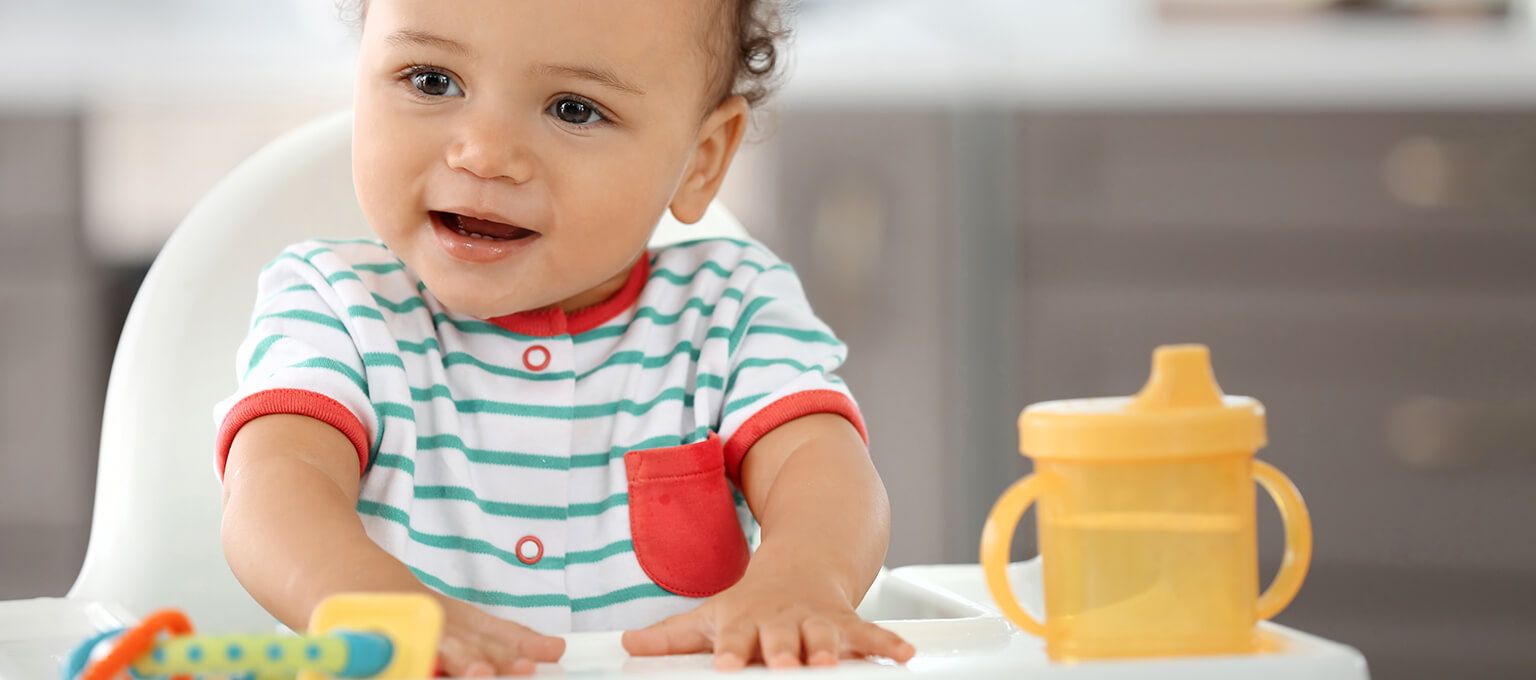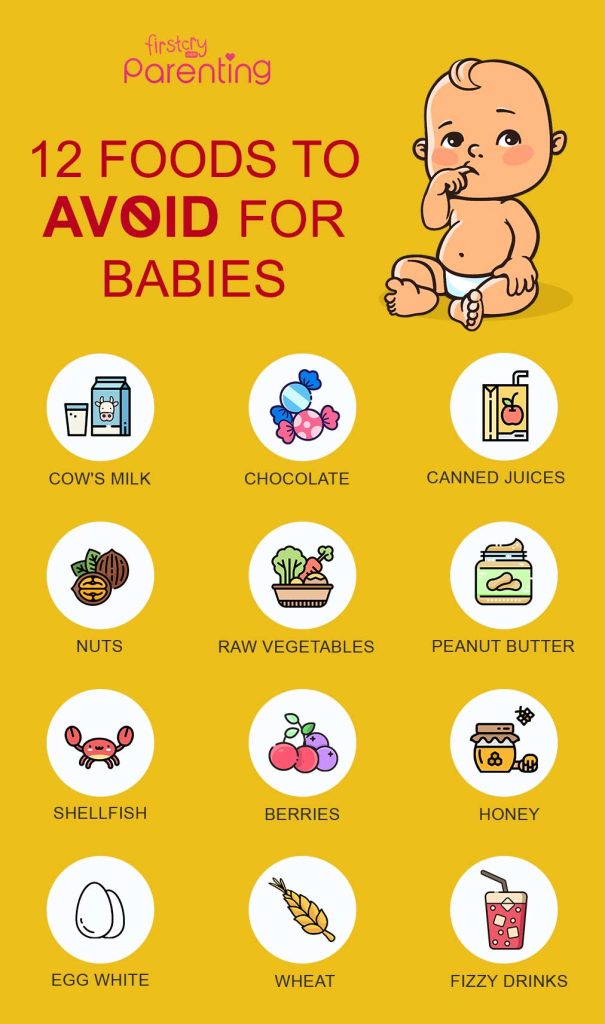Babies should not drink water before six months old. Breast milk or formula provides all the hydration they need.
Parents often wonder about the appropriate time to introduce water to their baby’s diet. Health experts recommend waiting until the baby is around six months old. Before this age, breast milk or formula supplies necessary nutrients and hydration. Introducing water too early can disrupt nutrient absorption and potentially lead to water intoxication.
Once the baby starts solid foods, small amounts of water can be given. Always consult with a pediatrician before making changes to your baby’s diet. This ensures their health and well-being are prioritized. Proper hydration is crucial, but timing and method are key.

Credit: www.hackensackmeridianhealth.org
Introduction To Infant Hydration
Understanding infant hydration is important for new parents. Babies have unique hydration needs. Knowing these needs ensures a baby’s health and well-being.
Importance Of Proper Hydration
Proper hydration is essential for a baby’s development. Babies get most of their hydration from breast milk or formula. This provides all the necessary fluids they need.
Newborns have a small stomach. They need frequent, small feeds. Water can fill their tiny stomachs quickly and reduce their intake of breast milk or formula. This can lead to nutrient deficiencies.
Common Myths About Babies And Water
There are many myths about babies and water. Let’s clear up some of the most common ones.
- Myth 1: Babies need water in hot weather. Truth: Breast milk or formula is enough to keep them hydrated.
- Myth 2: Adding water to formula makes it last longer. Truth: This dilutes the nutrients and can harm the baby.
- Myth 3: Water helps with baby constipation. Truth: Proper feeding practices are a better solution.
:max_bytes(150000):strip_icc()/GettyImages-1398740128-560fc864e6b346eb9481df4e89ede219.jpg)
Credit: www.parents.com
When Can Babies Start Drinking Water?
Parents often wonder when to introduce water to their baby. Water is essential for life, but babies have different needs. Introducing water too early can be harmful. Let’s explore the recommended age and signs your baby is ready for water.
Recommended Age For Water Introduction
Pediatricians recommend introducing water to babies at around 6 months. Before this age, babies get all the hydration they need from breast milk or formula. At six months, babies start eating solid foods, and a little water can be beneficial.
Offering water too early can lead to water intoxication. This can affect a baby’s electrolyte balance. Always consult with your pediatrician before giving water to your baby.
Signs Your Baby Is Ready For Water
- Eating Solid Foods: If your baby starts eating solids, they may need water.
- Sitting Up Independently: Babies who sit up can drink from a cup.
- Interest in Your Drink: Babies reaching for your glass shows curiosity.
These signs indicate your baby may be ready to try small amounts of water.
| Age | Water Introduction |
|---|---|
| 0-6 months | No water, only breast milk or formula |
| 6 months+ | Small sips of water allowed |
Remember, always offer small sips of water. Never replace breast milk or formula with water. This ensures your baby stays healthy and hydrated.
Health Risks Of Early Water Introduction
Introducing water to babies before six months can lead to health risks. Babies primarily need breast milk or formula. Water introduction too early can cause serious health problems.
Water Intoxication
Water intoxication happens when a baby drinks too much water. Their kidneys cannot handle the extra water. This can dilute the sodium in their bloodstream. Symptoms include irritability, drowsiness, and seizures. It can be life-threatening.
Nutrient Dilution
Babies need a lot of nutrients for growth. Breast milk and formula provide these nutrients. Introducing water early can dilute these nutrients. Babies may miss essential vitamins and minerals. This can affect their growth and development.
Safe Water Practices
Ensuring safe water practices for babies is crucial for their health. Babies have sensitive systems, so parents must be careful.
Choosing The Right Water
Choosing the right water for your baby is essential. Tap water is often safe but may contain impurities. Boiling tap water can kill harmful bacteria. Always let the water cool before giving it to your baby.
Some parents prefer bottled water. Make sure it’s labeled as safe for babies. Bottled water should be low in fluoride to avoid dental issues.
Filtered water is another option. Use a high-quality filter to remove contaminants. Always check the filter’s maintenance schedule.
Proper Water Quantities
Babies under six months don’t need extra water. Breast milk or formula provides all the hydration they need. Introducing water too early can harm their kidneys.
After six months, small amounts of water are safe. Aim for 2-4 ounces of water per day. Use a sippy cup to offer water during meals.
Never force a baby to drink water. Watch for signs of dehydration like dry lips or fewer wet diapers. If concerned, consult your pediatrician.
Alternatives To Water For Hydration
Many parents wonder if babies can drink water. Babies under six months old do not need water. Instead, there are safer and more effective hydration options. These alternatives provide essential nutrients for a baby’s growth and development.
Breast Milk Benefits
Breast milk is the best hydration source for infants. It contains all the nutrients babies need. Breast milk also helps boost a baby’s immune system.
- Rich in vitamins
- Contains antibodies
- Easily digestible
Breastfeeding supports bonding between mother and baby. It also helps regulate a baby’s body temperature and hydration levels.
Formula Feeding
Formula feeding is another excellent hydration option. It is designed to mimic breast milk’s nutrients. Formula is a safe alternative for mothers who cannot breastfeed.
| Benefits | Details |
|---|---|
| Nutrition | Provides essential vitamins and minerals |
| Convenience | Can be prepared and stored easily |
| Allergies | Special formulas are available for allergies |
Formula feeding allows other family members to help with feeding. This can give the mother some rest and support.
Introducing Water To Your Baby
Introducing water to your baby is an important milestone. Water plays a crucial role in keeping your baby hydrated and healthy. Knowing the right time and method can ensure a smooth transition.
Best Times To Offer Water
Babies under six months do not need extra water. Their hydration needs are met through breast milk or formula. Once your baby reaches six months, you can start offering small sips of water.
Offer water during mealtimes or after solid foods. This can help them develop good hydration habits. Avoid giving water right before bedtime to prevent nighttime awakenings.
Using Sippy Cups And Bottles
Introduce sippy cups to make the transition smoother. Sippy cups help your baby learn to drink independently. They also prevent spills and messes.
Choose a sippy cup with a soft spout for beginners. As your baby grows, you can switch to a hard spout or straw. Ensure the cup is BPA-free and easy to clean.
You can also use bottles if your baby prefers. Gradually, encourage the switch from bottles to sippy cups. This helps in developing their motor skills and independence.
| Age | Water Intake | Recommended Method |
|---|---|---|
| 0-6 months | No extra water | Breast milk or formula |
| 6-12 months | Small sips | Sippy cup or bottle |
| 12+ months | Regular water intake | Open cup or sippy cup |
Introducing water to your baby can be a fun experience. Be patient and consistent. Your baby will soon learn to enjoy drinking water.
Monitoring Hydration Levels
Monitoring your baby’s hydration levels is crucial. Babies have delicate systems that can quickly become dehydrated. Understanding the signs of adequate hydration and dehydration can help maintain their health.
Signs Of Adequate Hydration
- Frequent wet diapers: At least 6-8 wet diapers daily.
- Clear or light yellow urine: Indicates good hydration.
- Moist lips and tongue: No dryness or cracks.
- Alert and active behavior: Shows they are feeling well.
- Normal skin elasticity: Skin bounces back when pinched gently.
Dehydration Warning Signs
Recognizing dehydration is essential. Here are some warning signs:
- Fewer wet diapers: Less than 6 wet diapers daily.
- Dark yellow urine: Indicates low fluid levels.
- Dry lips and mouth: Lips and tongue appear dry.
- Lethargy or irritability: Baby seems unusually tired or fussy.
- Sunken soft spot: The fontanelle on the head appears sunken.
- Rapid breathing: Faster than usual breathing.
If you notice these signs, consult a healthcare provider immediately. Keeping your baby hydrated ensures their growth and well-being.
Consulting Healthcare Professionals
Before deciding if your baby can drink water, consult a healthcare professional. This ensures your baby’s health and well-being are prioritized. Below are some key points to consider and discuss with your pediatrician.
When To Seek Advice
Always seek advice when you have concerns about your baby’s hydration. Consult a healthcare provider when introducing new foods or liquids. If your baby shows signs of dehydration, consult a doctor immediately.
- Dry mouth or lips
- Fewer wet diapers than usual
- Sunken eyes
Questions To Ask Your Pediatrician
Prepare a list of questions before visiting your pediatrician. This ensures you cover all aspects of your baby’s hydration.
| Question | Purpose |
|---|---|
| When can my baby start drinking water? | To know the appropriate age for water introduction. |
| How much water is safe for my baby? | To understand the right amount of water intake. |
| Are there signs of dehydration I should watch for? | To monitor your baby’s hydration levels. |
Asking these questions helps you make informed decisions about your baby’s health.
Conclusion And Final Tips
Understanding whether babies can drink water is crucial for their health. This section provides a concise summary and helpful tips for new parents.
Recap Of Key Points
- Babies under 6 months should not drink water.
- Breast milk or formula meets all hydration needs.
- After 6 months, small sips of water can be introduced.
- Too much water can cause water intoxication.
- Always consult your pediatrician for personalized advice.
Encouragement For New Parents
Raising a baby can be overwhelming. Trust your instincts and seek advice from healthcare professionals. Remember, every baby is unique.
Here are some final tips to help you:
- Keep hydration levels in check with breast milk or formula.
- Introduce small sips of water after 6 months.
- Stay informed about your baby’s hydration needs.
- Always consult your pediatrician for guidance.
Being a parent is a journey. Enjoy every moment and keep learning.

Credit: www.pampers.com
Frequently Asked Questions
When Can Babies Start Drinking Water?
Babies can start drinking small amounts of water at six months old.
Is It Safe For Newborns To Drink Water?
No, newborns should only have breast milk or formula.
How Much Water Should A Baby Drink?
Babies can have a few sips of water once they start solids.
Can Water Harm A Baby’s Health?
Too much water can cause water intoxication and dilute essential nutrients.
Conclusion
Babies need only breast milk or formula for the first six months. Water can disrupt their nutritional balance. After six months, small sips are okay. Always consult with your pediatrician before introducing water. Proper hydration and nutrition are essential for your baby’s healthy growth and development.

